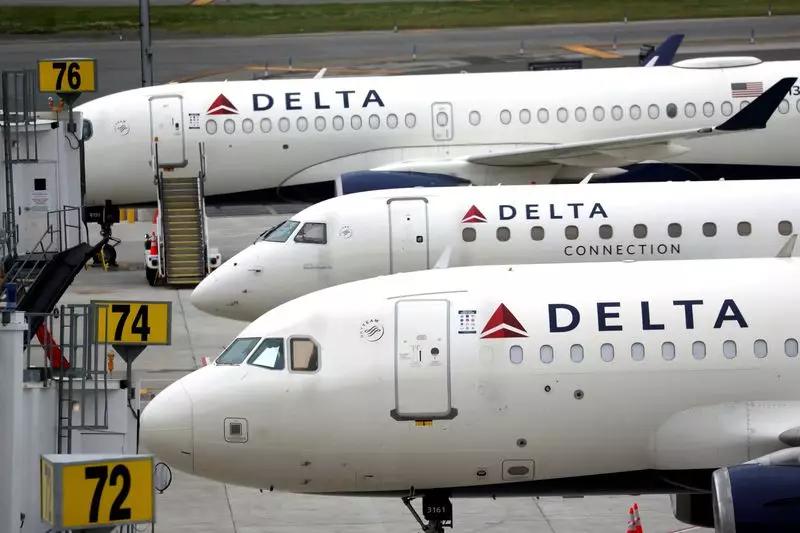In an unprecedented move, Delta Air Lines has filed a lawsuit against cybersecurity firm CrowdStrike, a brand commonly associated with safeguarding digital assets, in the wake of a major global outage that occurred in July. This catastrophic event resulted in the cancellation of over 7,000 flights, affecting approximately 1.3 million travelers and inflicting an estimated financial blow of more than $500 million on Delta. The lawsuit was filed in Fulton County Superior Court, where Delta characterized the incident as a result of “catastrophic” errors stemming from flawed software updates pushed by CrowdStrike.
The core of Delta’s allegations hinges on a software update that they claim was untested and flawed. According to Delta, the update caused a significant failure in over 8.5 million Windows-based computers globally, ultimately leading to a domino effect that disrupted not only the airline’s operations but also impacted multiple sectors, including healthcare, finance, and hospitality. Such widespread implications suggest that the incident transcended mere operational issues, highlighting a systemic failure in crisis management within the digital infrastructure of major firms.
In response to Delta’s claims, CrowdStrike has vehemently defended its position, asserting that Delta’s lawsuit is built on “disproven misinformation” and reflects a misunderstanding of modern cybersecurity. They argue that their system’s failure was not singularly their fault and posed the question of why Delta experienced more severe disruptions compared to other airlines who also utilized the same software. This assertion raises critical questions about Delta’s internal technology infrastructure and preparedness to handle external cybersecurity threats.
The severity of the incident did not go unnoticed by regulatory bodies, prompting the U.S. Transportation Department to initiate an investigation. This scrutiny raises alarms about the operational standards within various sectors relying on digital infrastructure, suggesting that regulatory oversight may become more stringent in the future. The ripple effects of this incident could lead to broader industry reforms aimed at safeguarding consumer interests and ensuring better preparedness against cybersecurity threats.
With a claim exceeding $500 million encompassing both direct losses and lost profits, Delta’s pursuit of legal action marks a critical moment for both the airline and CrowdStrike. Delta has highlighted significant investments in technology to improve its operational resilience, which brings into question how a single software update could cause such extensive disruption. This situation seemingly places heightened pressure on technology firms to ensure the reliability of their solutions.
As both parties prepare for what could be a lengthy and complex legal battle, the focus will likely shift toward accountability and the modernization of IT infrastructure across the industry. This case serves as a stark reminder of the fragility of interconnected systems and the potential fallout when cybersecurity measures fail. In a world increasingly dominated by digital operations, the lessons learned from this incident could prove invaluable in bolstering future defenses against technological vulnerabilities.

